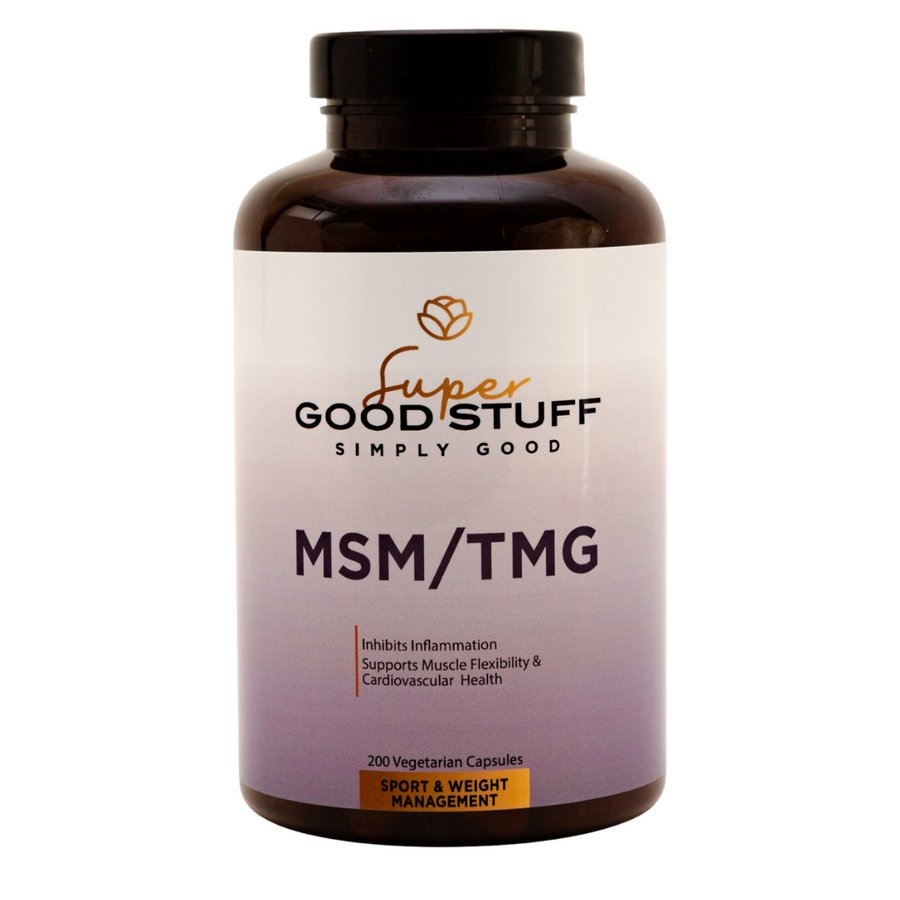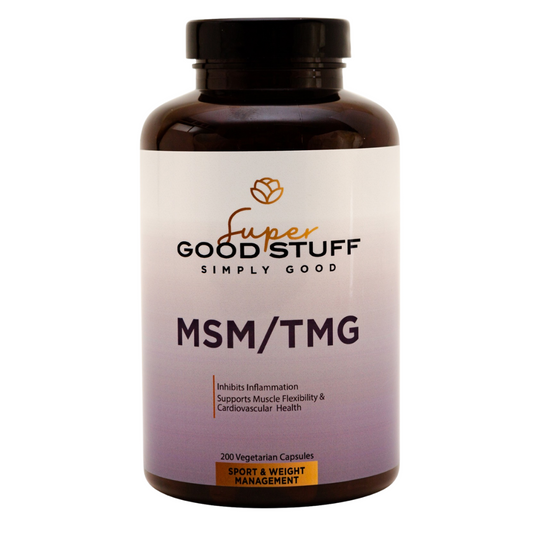Prescription Vitamins - How Big Pharma Is Taking Over The Supplement Industry

Have you noticed that it's getting harder to find good vitamins in the store, but your doctor is starting to talk about them? Confusing? We're entering an age where prescription vitamins are now becoming a thing.
Where once you could pick up some vitamin C for a couple dollars, now will cost you three times as much…and that's just your copay.
So, what's going on?
Prescription Vitamins – When A Good Supplement Turns Into An Expensive Patent
The health and wellness industry, mainly focusing on supplements, is a $7 billion industry, growing at over 200% a year. People are simply interested in getting healthier naturally.
This is only a small drop in a pharmaceutical company's bucket, but they eye it with greed and envy. That's because as people get healthier, they need fewer prescriptions. And if they need fewer medications, the pharmaceutical companies have a harder time figuring out where to invest their next dollars.
You see, drugs are expensive. Between the years of research, patents, marketing efforts, and short windows where the company can make a profit (not to mention the money they have to set aside for lawsuits), a typical prescription drug is only really profitable when it's the only one on the market. But, generics catch up quickly.
Now, we take a look at supplements. Most of the research is already done, and if the company can tweak the vitamin just enough to create a patent, they can now sell this inexpensive supplement to doctors and make a tremendous amount of profit.
And, it can feed into the ego of your doctor - they now control what you take.
How Big Pharma Abuses FDA Authority To Shut Down Supplement Companies and Create Monopolies
But that's not the only threat to your supplement routine. Pharmaceutical companies and the FDA have a partnership, where money flows back and forth for new drugs and research.
So, when a natural supplement comes out and really helps, it makes big companies and doctors angry. The FDA will get involved and say that the supplement cannot use medical language to define their supplements. Whole companies have shut down for talking about research.
For example, periwinkle extract has been around for hundreds of years and once used by herbalists to treat memory problems, eye issues, and diabetes. Today, it's banned. Even suggesting its use gets a small company a cease-and-desist order.
Another notable example is bioidentical hormone replacement therapy. Small companies that make 100% bioidentical hormones are routinely attacked and demonized by pharmaceutical companies. Why?
It's not because they don't work or are dangerous. It's not because of unsafe manufacturing or side effects. The sole reason: most use a compounding pharmacist to precisely match the hormone to the patient. And because the FDA doesn't have control over the compounding pharmacists and the mix of hormones, they don't like it.
How To Fight Back Against Prescription Vitamins
Your first step against getting a prescription vitamin from your doctor is to be healthy to begin with. Choose healthy foods, with a diet rich in fruits and vegetables. Get plenty of exercise and drink lots of water.
And, when you do choose your supplements, choose wisely. Choose a company that is going to be reliable, that's open to sharing their information and their procedures.
More and more doctors are turning away from hospital systems and pharmaceutical companies to promote a more natural lifestyle. Many of them start small supplement companies of their own, producing custom formulations that actually work for people.
In most cases, custom formulations are better than individual vitamins. Every vitamin and mineral, herb and tincture require multiple different cofactors to be absorbed and used properly. When doctors start putting together their own supplements, they choose them carefully to be absorbed and give you the effect you want
That's why when we talk about specific nutrients here, we often include other herbs and vitamins that help that primary one along. They all work together.
Finally, working with a holistic doctor or a naturopath can help you put together a series of supplements that will work with your body. They can help eliminate unnecessary ones and give you more freedom over your choices.
Yes, custom-blended supplements and precise formulations do cost a little bit more. But, they are more effective and will end up being less costly in the long run.







